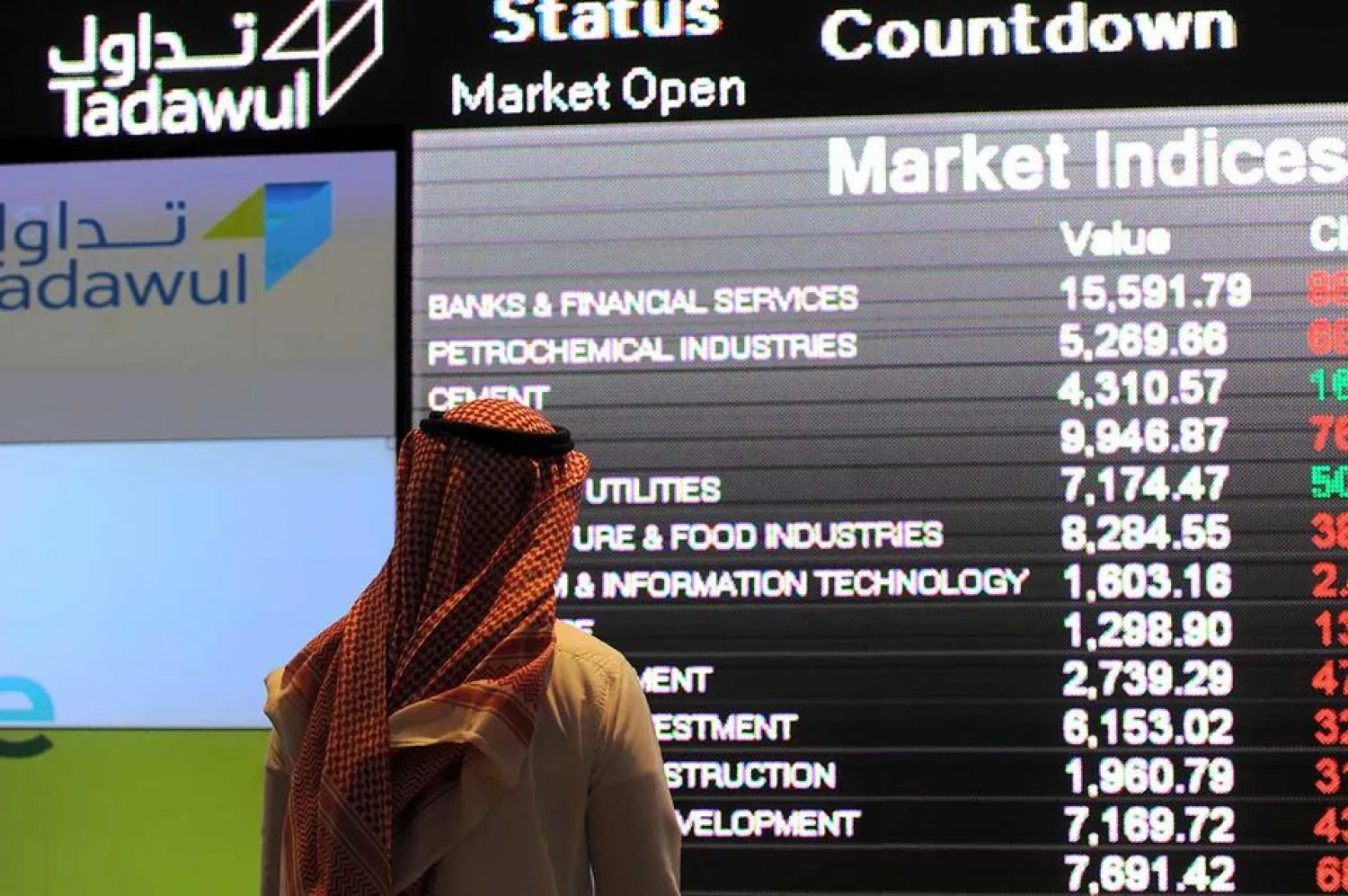Foreign investors continue to buy into the Saudi stock market, demonstrating the vitality of the country's financial market and its investment attractiveness.
In this regard, the Saudi Stock Exchange (Tadawul) announced that the net purchases of foreign investors through qualified foreign investors during last week reached about $293.3 million, while net purchases of Saudi companies amounted to $94 million.
The increase in foreign direct investment flows to the Saudi stock market follows important steps related to the listing of the financial market in several leading global indices, most notably MSCI World Index and FTSE Russell Index.
The Saudi stock market is maintaining its stable performance as the market is witnessing more stable trading, especially as companies are expected to achieve positive growth in the financial results for this year’s second quarter.
Saudi companies listed in the local market will begin announcing their financial results for Q2, with 6 companies listed announcing so far. The results showed that 3 companies achieved positive growth in profits during the first half of this year.
Saudi companies succeeded in achieving a net profit of $ 6.08 billion in Q1, according to released figures, and the companies are expected to succeed during Q2 to achieve new positive results thus enhancing their investment attractiveness.
In a related context, Saudi Arabia’s Tadawul All-Share Index (TASI) fell 0.4 percent, or 35 points, on Sunday, to close at 8,811 points. The total turnover reached $480 million, as the advance-decline ratio stood at 64-109.
Southern Province Cement was the top gainer, rising 3.9 percent and Arabian Cement and Yanbu Cement was up nearly 3 percent.
Financial experts and institutions monitor investment opportunities in the Saudi stock market while closely keeping an eye on the financial results announced by the companies listed in the local market. Many investment decisions are based on these results.
According to the results of Q1, 86 listed Saudi companies succeeded in achieving positive changes in their financial results compared to the same period of 2018.
It is worth noting that foreign strategic investors have become more likely to own in Saudi companies listed on the capital market.
Capital Market Authority (CMA) recently confirmed that strategic investors can acquire shares in listed companies according to a package of commitments.
The Authority excluded foreign strategic investors from the requirement of not owning more than 49 percent of listed companies in the local market, demonstrating the vitality of the country's financial market.









